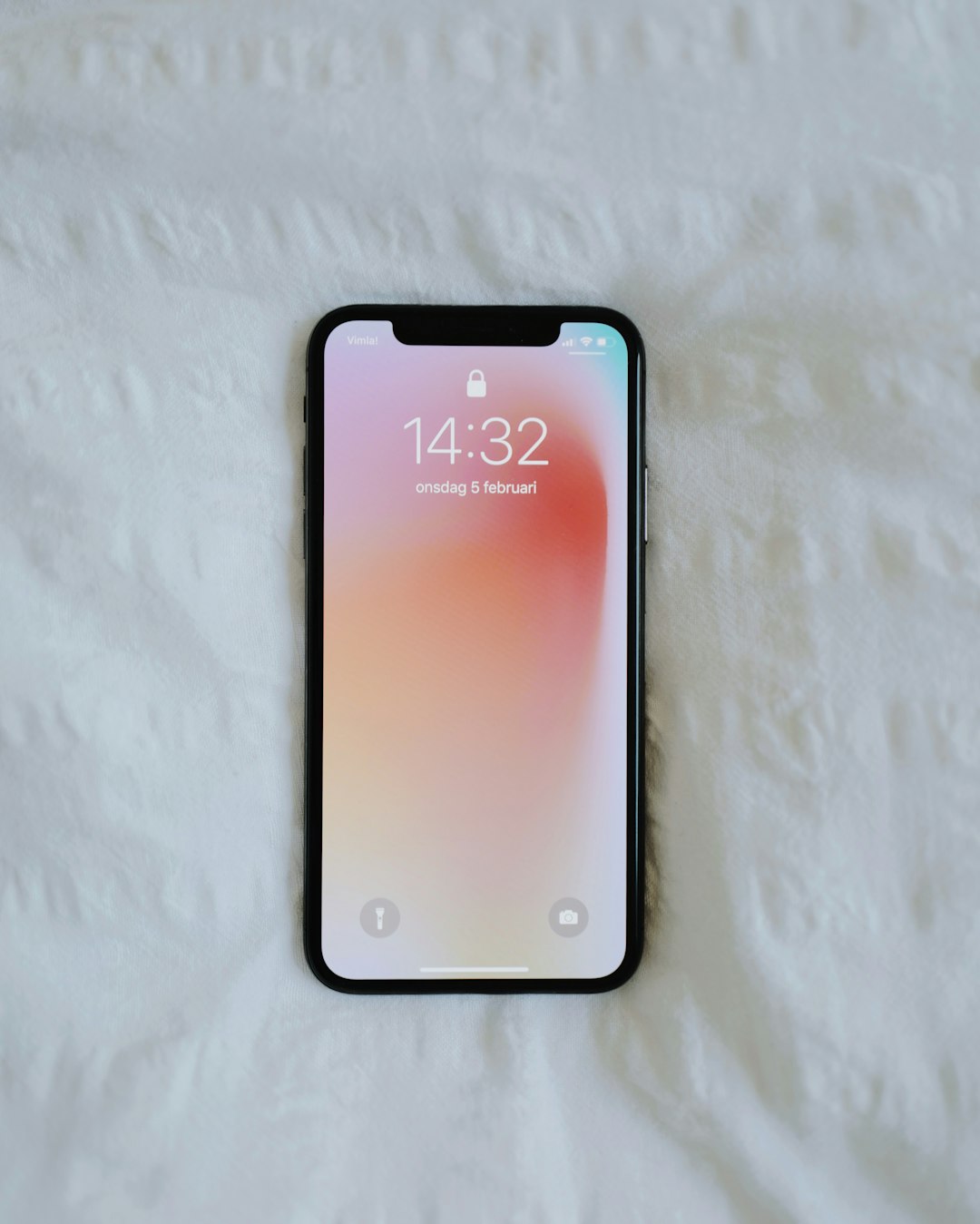In Philadelphia's competitive B2B landscape, adhering to No Call Laws is vital for success. These laws require prior written consent before making telemarketing calls, with strict penalties for non-compliance. Businesses must implement robust opt-out procedures and maintain meticulous customer data to ensure their sales efforts are welcomed. By prioritizing compliance, companies can foster positive relationships, enhance their reputation, and achieve more productive interactions in the Philadelphia market. Effective communication strategies, including digital marketing and personalized outreach, are essential for B2B growth within these regulations.
“In the dynamic landscape of business-to-business (B2B) interactions, understanding no-call regulations is crucial for companies navigating Philadelphia’s legal framework. This comprehensive guide delves into the intricacies of No Call Laws in Philadelphia, clarifying who they apply to and their significant impact on businesses. We explore strategies for compliance, debunk common misconceptions, and emphasize ethical practices to ensure successful B2B outreach without violating these laws. By the end, businesses will be equipped to enhance their marketing efforts while respecting consumer rights.”
Understanding No Call Laws in Philadelphia

In the bustling business landscape of Philadelphia, understanding and adhering to No Call Laws is paramount for companies engaging in B2B sales strategies. These regulations, designed to protect consumers from unwanted telemarketing calls, have significant implications for businesses operating within the city. The No Call Laws Philadelphia mandate that companies obtain prior written consent from residents before initiating phone calls for commercial purposes. This means that any B2B organization targeting Philadelphia-based businesses must secure explicit permission to ensure compliance and avoid potential legal repercussions.
Compliance involves implementing robust opt-out mechanisms during initial interactions and maintaining accurate customer data. By respecting these laws, businesses can foster a positive image, enhance customer relationships, and navigate the complex regulatory environment effectively. This approach not only aligns with legal requirements but also ensures that sales efforts are welcomed and productive, ultimately leading to more successful B2B interactions in the Philadelphia market.
Who Does No Call Regulations Apply To?

No Call regulations, including those in Philadelphia, are designed to protect consumers from unwanted telephone solicitations and marketing calls. These laws primarily apply to businesses engaged in telemarketing activities, including sales calls, surveys, charity collections, and more. They restrict when and how such companies can contact individuals, especially residential properties, to ensure a certain level of privacy and reduce nuisance calls.
Under Philadelphia’s No Call Laws, the regulations typically exclude calls made with prior express written consent from the recipient or calls from organizations with which the consumer has an established business relationship. This means that if you have given permission for a company to contact you or have done business with them before, they are not required to adhere to the same strict no-call guidelines as other telemarketers.
The Impact of B2B Calls on Businesses

In the competitive landscape of Business-to-Business (B2B) sales, effective communication strategies are pivotal for growth and success. However, the advent of No Call Laws in cities like Philadelphia has significantly altered how businesses approach sales calls. These regulations, designed to protect consumers from unwanted solicitations, have led to a paradigm shift in B2B call methodologies. Now, companies must implement more targeted, permission-based strategies to connect with potential clients, ensuring compliance while maximizing engagement.
The impact of these changes is profound. Businesses that adapt by adopting digital marketing tactics, personalized outreach, and sophisticated lead generation methods are better positioned to thrive. Conversely, those relying heavily on traditional cold calling may face challenges in maintaining their market share. Understanding and navigating these regulatory shifts are essential for B2B entities aiming to stay competitive and relevant in today’s business environment.
How to Comply with No Call Rules

To comply with No Call Laws in Philadelphia, businesses engaging in B2B (Business-to-Business) sales calls must adhere to strict regulations. These laws are designed to protect consumers from unwanted telemarketing calls and give them control over their contact preferences. One key aspect is obtaining explicit consent from the recipient before making any sales call. This often involves a written agreement or clear verbal confirmation that the caller has permission to reach out.
Additionally, businesses should maintain accurate records of customer opt-out requests. If a customer or prospect asks to be excluded from future calls, it’s crucial to honor this request immediately and update your database accordingly. Understanding and respecting these No Call Laws not only ensures compliance but also fosters trust with your B2B clients in Philadelphia.
Common Misconceptions About No Call Laws Philadelphia

Many businesses in Philadelphia operate under a misconception regarding the city’s No Call Laws. These laws, designed to protect residents from unwanted telemarketing calls, are often seen as overly restrictive by companies, especially those in the B2B sector. One common misunderstanding is that all business-to-business (B2B) calls are exempt from these regulations. However, this is not entirely true. While certain industries may have some leeway, the core principles of consent and respect for privacy still apply.
Another misconception is that No Call Laws Philadelphia only restrict cold calling. In reality, these laws encompass any phone call made with the intent to sell or promote products or services. This includes calls to existing clients or partners, as the focus is on ensuring consumer autonomy and preventing nuisance calls. Businesses must be mindful of their purpose for reaching out and respect the recipient’s decision whether to engage or opt out.






